The Soneva properties in the Maldives include Soneva Fushi, nestled in the Baa Atoll, Soneva Jani, located in the Noonu Atoll, and Soneva Secret, set in the picturesque Haa Dhaalu Atoll. At Soneva sustainability has always been a guiding principle, Sonu and Eva Shivdasani, the founders, established the company with the belief that business must serve a higher purpose than profit alone. They see themselves not as owners, but as Guardians of the natural places where they operate, proving luxury and sustainability are not mutually exclusive.
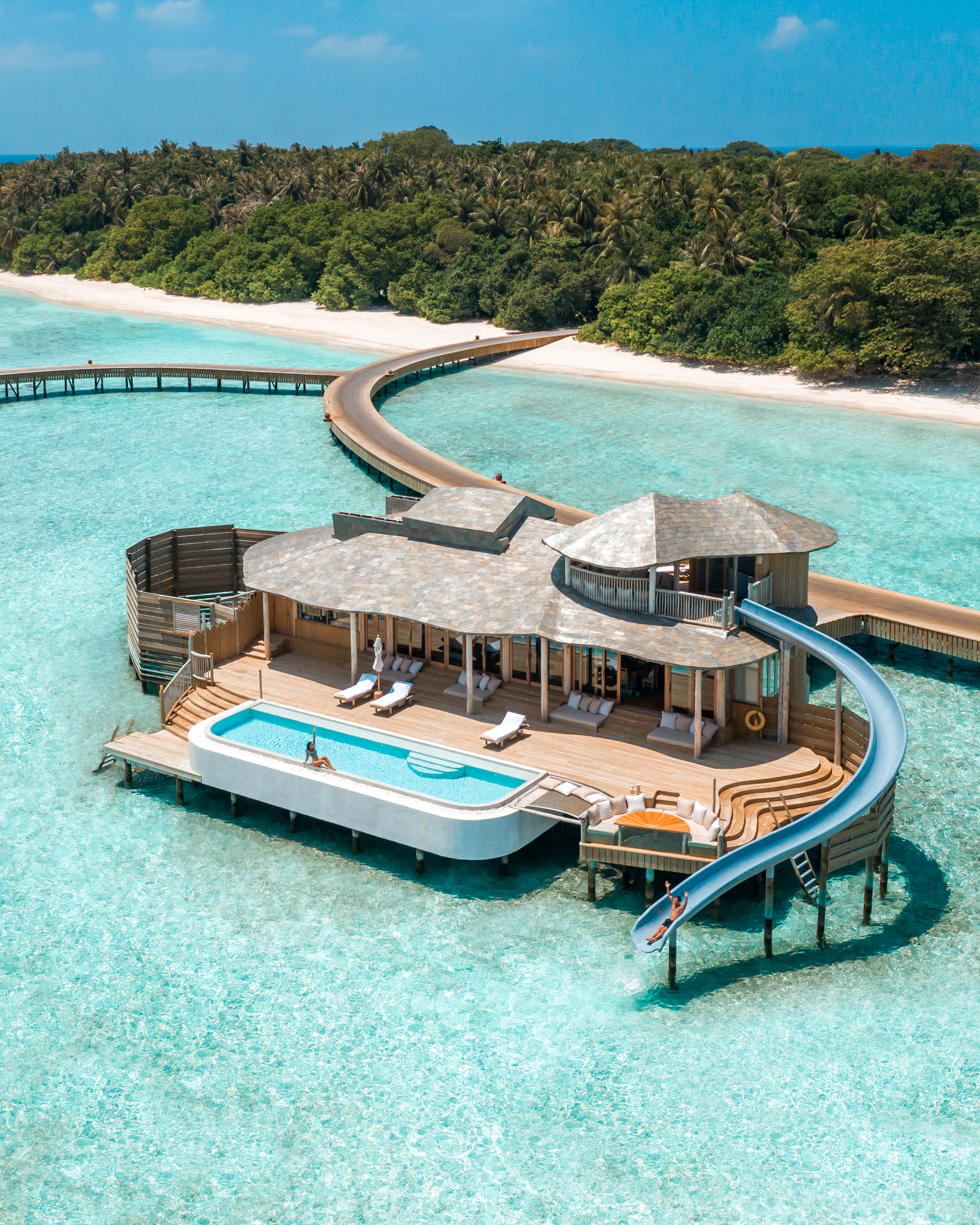
In celebration of Earth Day, this blog highlights sustainable actions Soneva has taken to mitigate their impact on the world! Earth day is a global event raising awareness for environmental threats to our environment and encouraging impactful action against this. Soneva stands as a leading example in the industry for sustainable choices and meaningful projects.
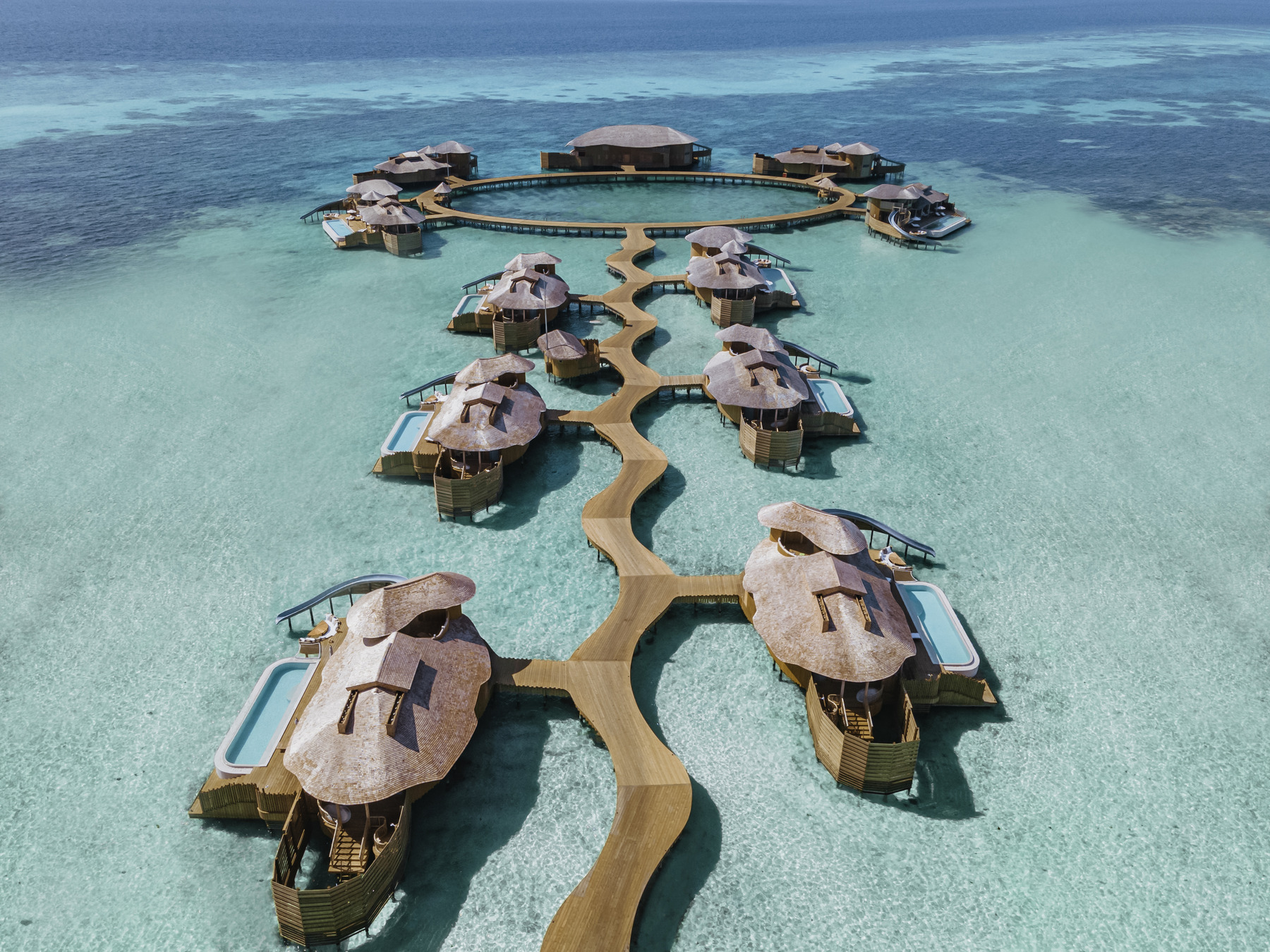
Soneva Total Impact Assessment
The Soneva Total Impact Assessment (TIA) provides a comprehensive overview of Soneva’s environmental and social impact. Measuring these impacts allows Soneva to make more informed decisions, allocate resources more effectively, and influence their suppliers to adopt more sustainable practices.
One of their flagship projects funded this way is the Myanmar Stoves Campaign, the first Gold Standard carbon credit project in Myanmar, revenues from the sale of these credits aid in funding:
-
Forest Restoration – with over 3.7 million trees planted in Mozambique, Nepal, and the Philippines.
-
Myanmar Mangrove Restoration – 2.5 million mangroves planted, expected to mitigate 1.5 million tonnes of CO₂.
-
Soneva Foundation Coral Restoration – the largest programme of its kind in the Indian Ocean.
To date, these projects have mitigated over one million tonnes of CO₂, with ongoing efforts set to increase this substantially.
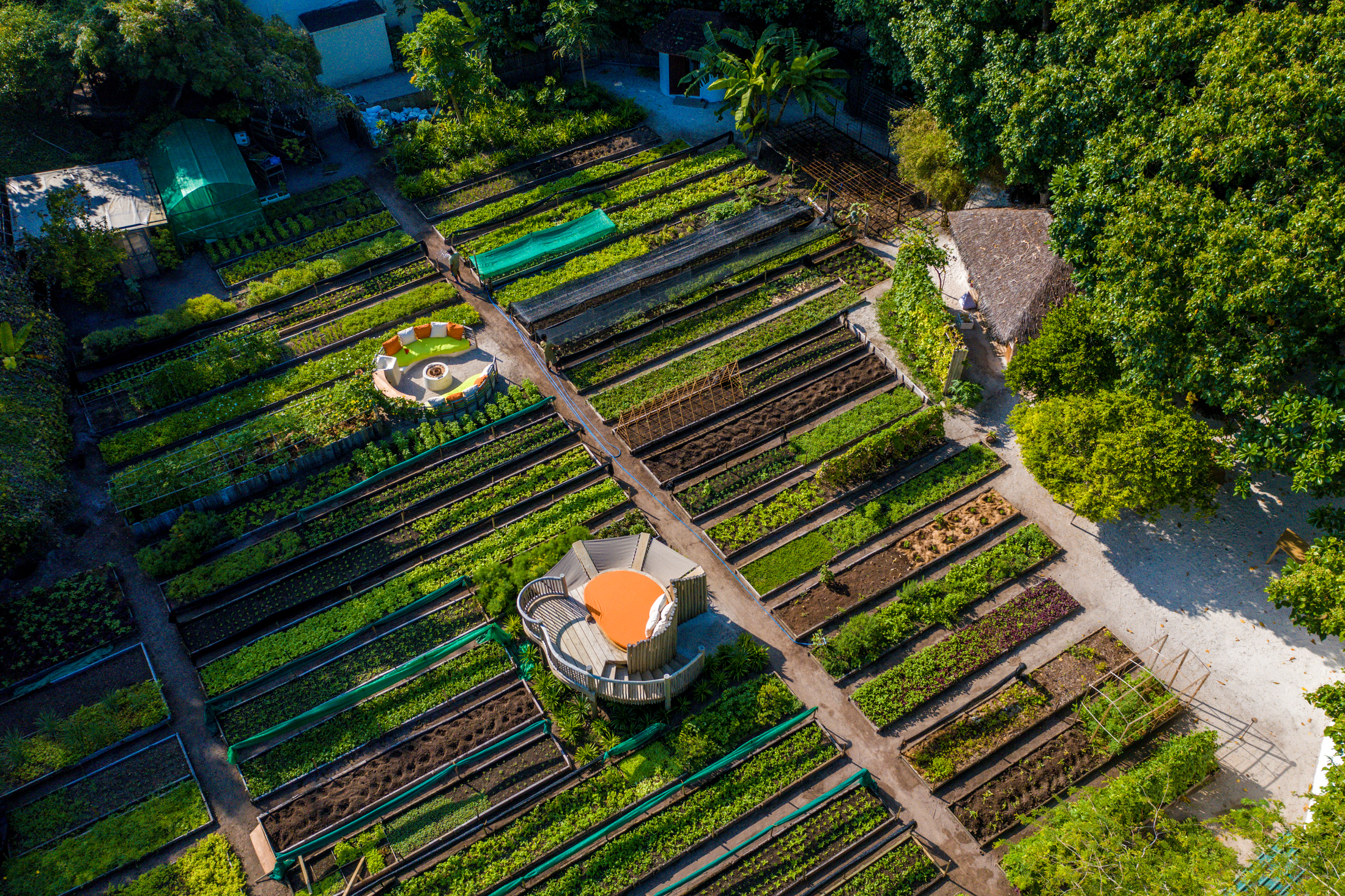
Marine regeneration
Soneva Fushi houses one of the largest coral restoration projects in the Indian Ocean, AquaTerra. In partnership with Save Our Seas, the Olive Ridley Project and the Soneva Foundation, they support regeneration efforts, leading to growing 150,000 coral fragments each year to restore Maldivan reefs. Micro Framentation, Mineral Accretion technology and coral spawning labs are just a few of the methods they use to save the coral reefs and protect the homes of 25% of all marine species.
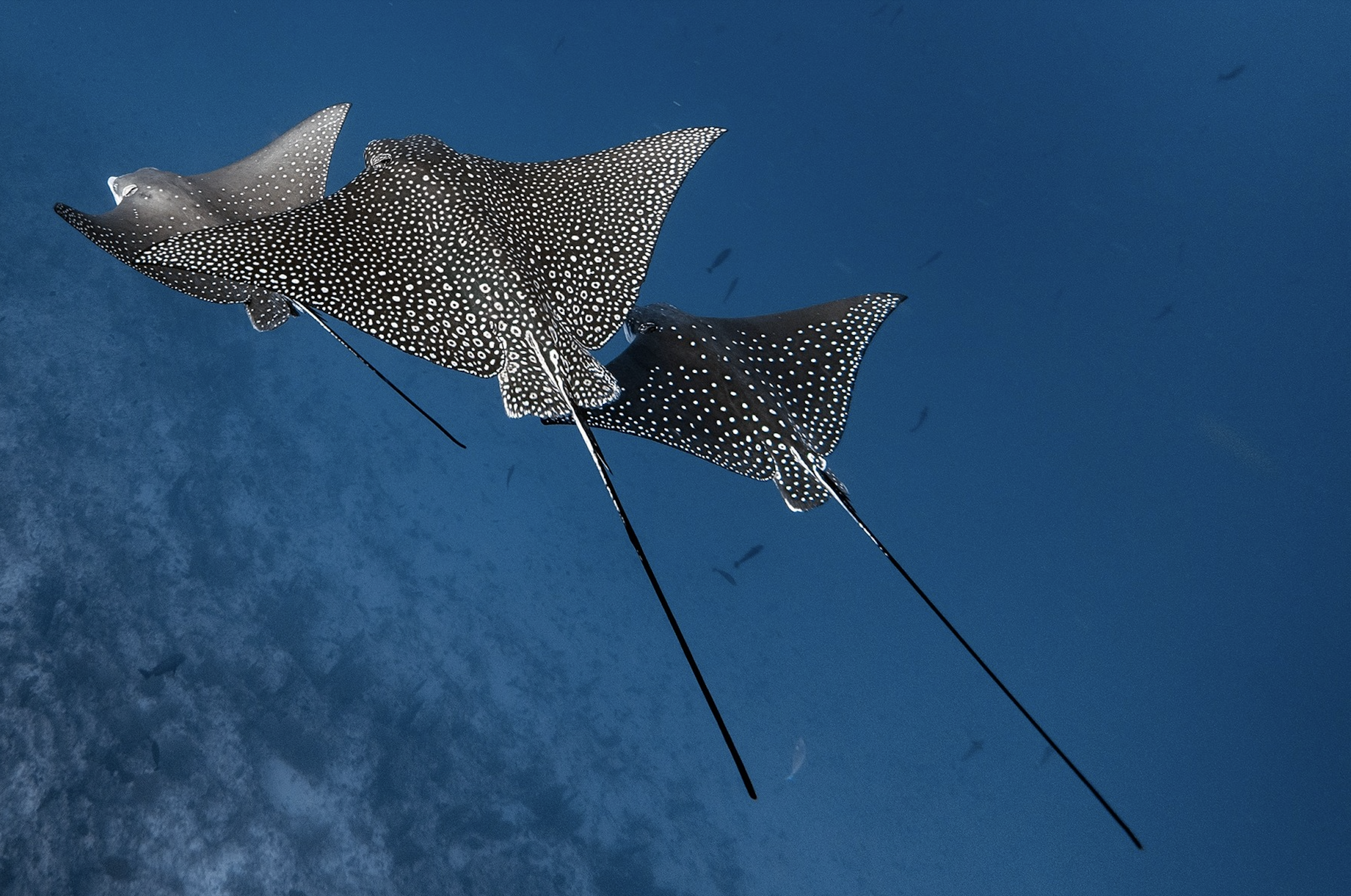
Waste to Wealth
Soneva’s Waste-to-Wealth programme has generated US$3.5 million through waste management and vegetable production. A key highlight is the Soneva Art & Glass Studio at Soneva Fushi, where renowned artists transform waste glass into stunning artworks available for purchase—creating both beauty and value from waste.
Glass blowing class - guests are welcome to take part in Soneva Fushi’s art and glass studio to create their own masterpieces to bring home with them from recycled glass, originally deemed as waste.
Soneva Namoona
Soneva Namoona provides a blueprint for all Maldivian Islands, demonstrating effective waste management and reducing single use plastic.
Following the structure of Reduce, Recycle & Inspire - they have reduced their single use plastic intake and avoided using 1,000,000 plastic bottles by serving reusable glass bottles. Soneva properties has recycled 800 plus tonnes of waste through the Namoona Sustainable waste management model, where household waste segregation can be compacted and sent to recycling partners. Finally, to inspire, Soneva have instilled their transformative swimming programme to teach life-saving skills with 600 children and adults taught to swim.
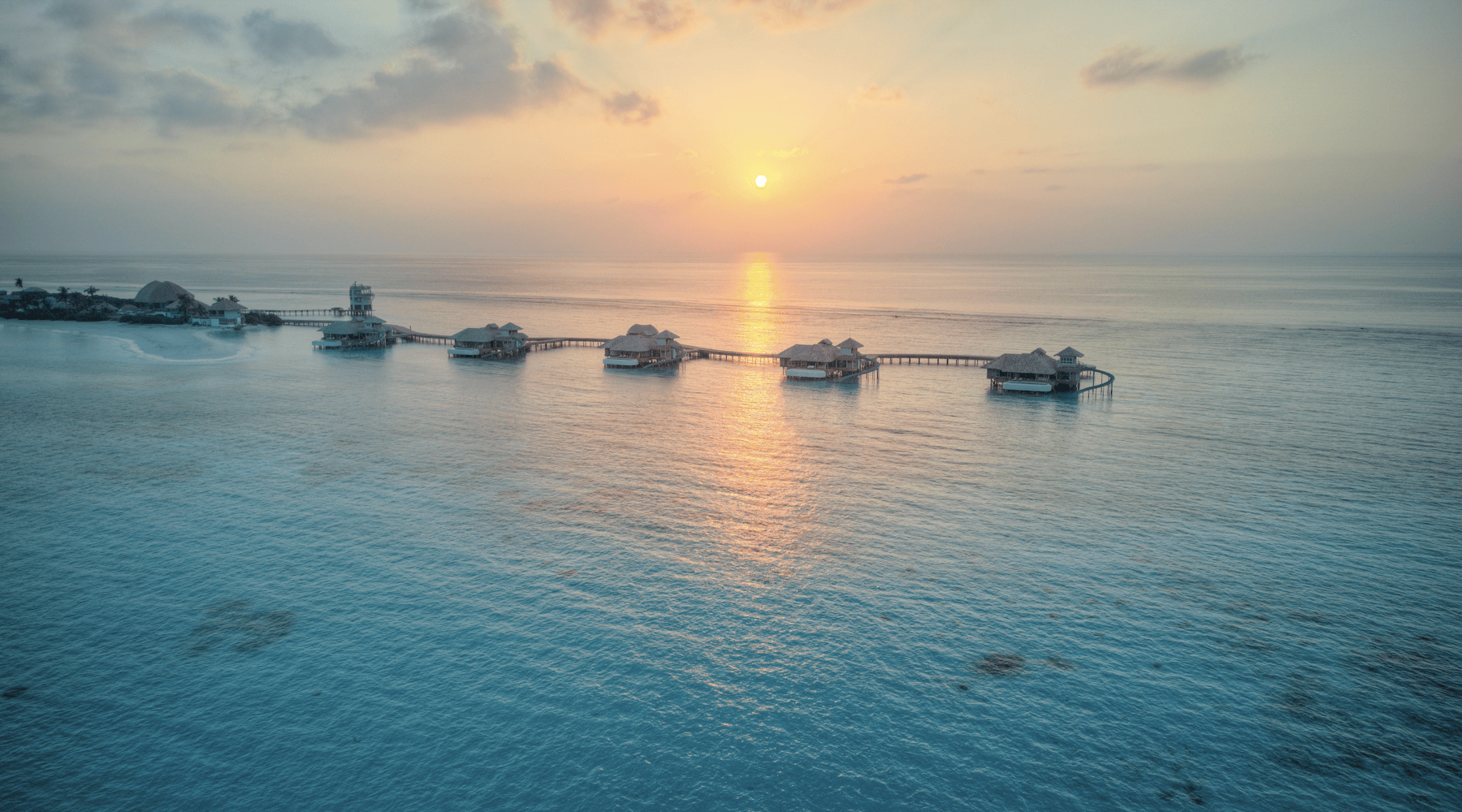
Sustainability’s Impact
Soneva Fushi has partnered with Rocket, a local fisherman from the nearby island of Maalhos for years. He has been a reliable supplier of sustainably caught fish using the traditional Maldivian pole-and-line method, two of his sons are now employed at Soneva!
In Myanmar, Ma Khin Myaing - our first fuel-efficient stove owner - shared her gratitude:
“I used to burn a lot of wood with my previous stove, which produced much more smoke and soot, making my eyes water. This one is different. It uses less wood and the fire is contained.”
Her husband, a store vendor, believes, “the cook stove will help save the world by reducing carbon dioxide emissions. As a vendor, I feel like a warrior against global warming”.
Notable Milestones:
-
The Soneva Foundation carbon mitigation projects collectively have offset more than 1 million tonnes of CO₂ - and this is just the beginning.
-
The Soneva Foundation has distributed 60,000 fuel-efficient stoves in Myanmar, benefitting 285,000 people and issuing 365,000 Gold Standard carbon credits.
-
The Soneva Drinking Water initiative has eliminated 2 million single-use plastic bottles across Soneva resorts. A local bottling plant on Maalhos has removed an additional 1 million bottles, supplying drinking water in reusable glass bottles to local homes and businesses.
-
Soneva Namoona has reached 6,000 people with sustainable behaviour-change programmes, recycled 562 tonnes of waste, and helped 22 islands transition to zero-waste models.
-
The Soneva Foundation Coral Restoration programme has outplanted 90,000 coral colonies, and is on track to produce 150,000 coral fragments annually, making it the largest such programme in the Indian Ocean.
-
Through the Soneva Foundation Forest and Mangrove Restoration projects, 3.7 million trees have been planted and 2.5 million mangroves, restoring critical ecosystems in Myanmar, Mozambique, Nepal and the Philippines.
Each of these milestones represents a step forward not only in environmental goals but in Soneva’s mission to transform lives through meaningful, community-driven impact.


